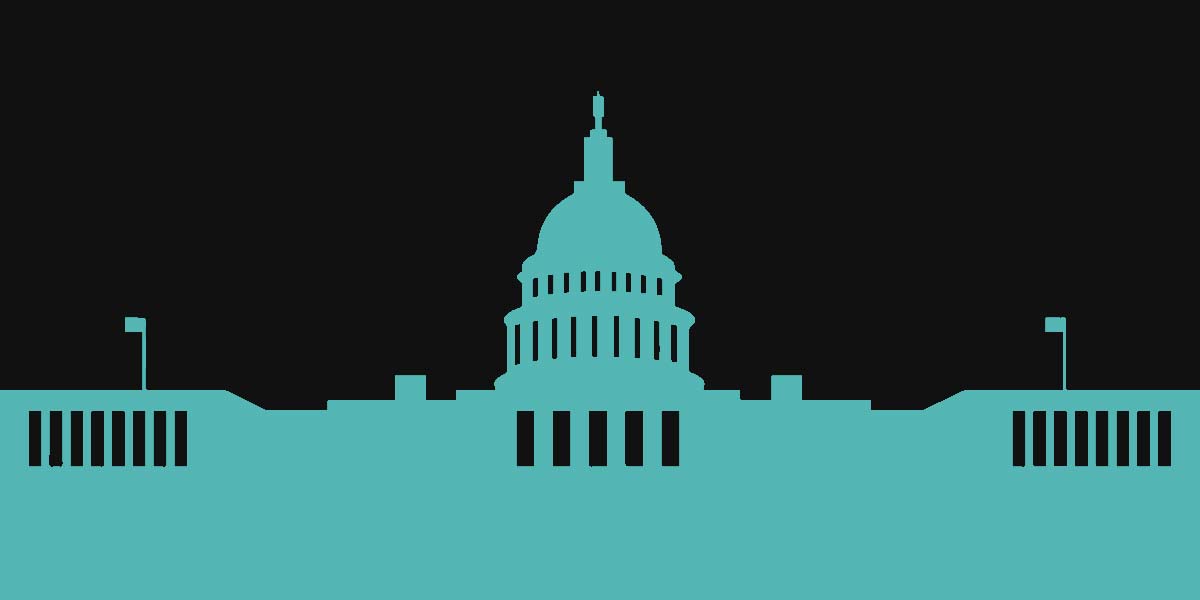Today, the Senate Judiciary Committee is holding a hearing titled “Defending Against Drones: Setting Safeguards for Counter Unmanned Aircraft Systems Authorities.” While the government has a legitimate interest in monitoring and mitigating drone threats, it is critical that those powers are narrowly tailored. Robust checks and oversight mechanisms must exist to prevent misuse and to allow ordinary, law-abiding individuals to exercise their rights.
Unfortunately, as we and many other civil society advocates have highlighted, past proposals have not addressed those needs. Congress should produce well-balanced rules that address all these priorities, not grant de facto authority to law enforcement to take down drone flights whenever they want. Ultimately, Congress must decide whether drones will be a technology that mainly serves government agencies and big companies, or whether it might also empower individuals.
To make meaningful progress in stabilizing counter unmanned aerial system (“C-UAS”) authorities and addressing emerging issues, Congress should adopt a more comprehensive approach that considers the full range of risks and implements proper safeguards. Future C-UAS legislation include the following priorities, which are essential to protecting civil liberties and ensuring accountability:
- Strong and explicit safeguards for First Amendment-protected activities
- Ensure transparency and require detailed reporting
- Provide due process and recourse for improper counter-drone activities
- Require C-UAS mitigation to involve least-invasive methods
- Maintain reasonable retention limits on data collection
- Maintain sunset for C-UAS powers as drone uses continue to evolve
Congress can—and should—address public safety concerns without compromising privacy and civil liberties. C-UAS authorities should only be granted with the clear limits outlined above to help ensure that counter-drone authorities are wielded responsibly.
The American Civil Liberties Union (ACLU), Center for Democracy & Technology (CDT), Electronic Frontier Foundation (EFF), and Electronic Privacy Information Center (EPIC) shared these concerns with the Committee in a joint Statement For The Record.



